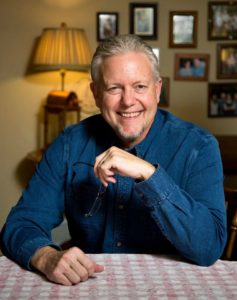Everyone should know about Thomas Sowell.

No one can properly respond to any idea until they have read Thomas Sowell.
Find out why this public intellectual is so important by watching our Truth in Two (full text below).

Subscribe to MarkEckel.com (here). Find the MarkEckel.com YouTube Channel (here). Mark is President of The Comenius Institute (website). Dr. Eckel spends time with Christian young people in public university (1 minute video), teaching at Indiana University Purdue University at Indianapolis, and interprets culture from a Christian vantage point (1 minute video). Consider becoming a Comenius patron (here).
Picture Credit: Luke Renoe, Snappy Goat,
FULL TEXT
Thomas Sowell’s ideas have taken root in the soil of the next generation. Sowell has written over thirty books, over forty years of weekly writings. Hundreds of Sowell’s interviews can be found everywhere on YouTube. Jason Riley, himself a prolific writer, has done the world a service by reviewing the lifetime impact of Thomas Sowell in Maverick: A Biography of Thomas Sowell.
Maverick should be read by everyone everywhere. Everyone in the sciences or the humanities needs exposure to the intellectual history and ideas that Maverick provides. Not only does Riley give an exceptional review of Sowell’s life and thought, but he also shows how the Hoover Institute fellow establishes the basis for how to think. Every person on the planet asks enduring questions about philosophy, knowledge, interpretation, and justice. Sowell always approaches his subjects with our views of human nature in mind. Summarizing Sowell, you either believe in the tension between human depravity and human dignity or you believe that you can make humans perfectible by human rules.
As a matter of full disclosure, I have been reading Thomas Sowell’s books and columns and watching his videos for decades. Sowell’s thinking has been influential to my own intellectual processing for most of my teaching life. As Hebraic-Christian thinkers know, it is important to weave biblical, doctrinal thinking through an explanation of Sowell’s visions. Essential to biblical understanding is the origin of ideas, acknowledging that The Personal Eternal Triune Creator of all things has set the stage for human understanding of everything.
Sowell’s concern should be the concern for all citizens of all countries everywhere,
“The most basic question is not what is best but who shall decide what is best”
Answering the question, “Who says?” should be at the center of our concern as well.
For Truth in Two, this is Dr. Mark Eckel, president of the Comenius Institute, personally seeking truth wherever it’s found.


















